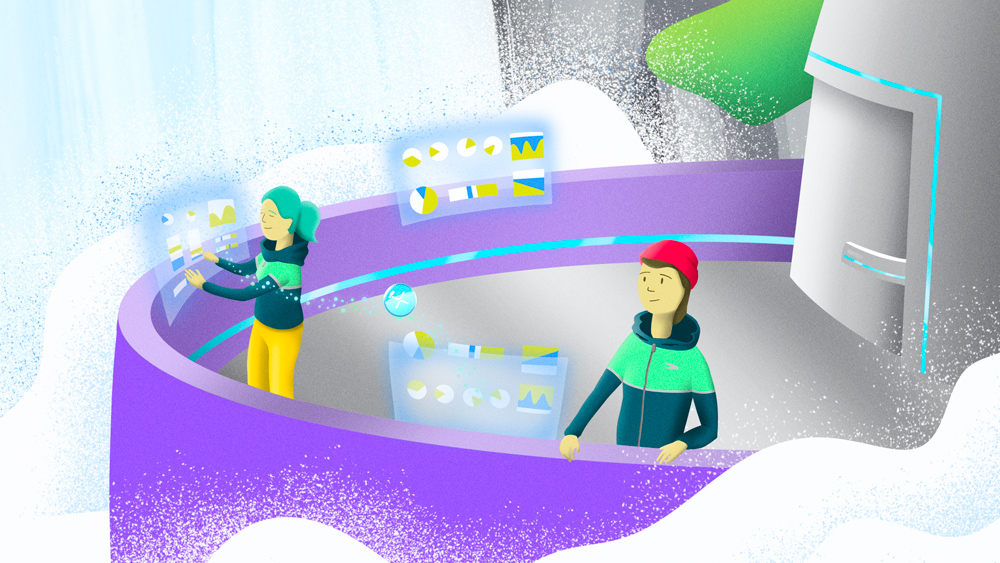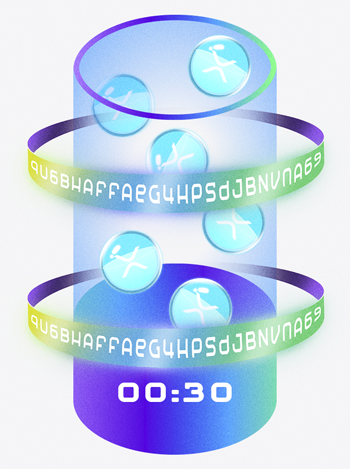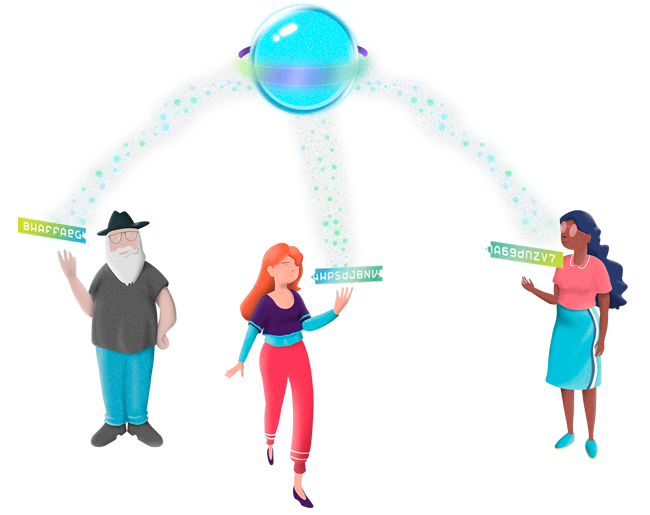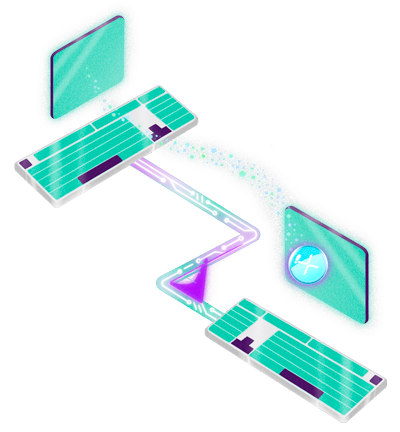Lesson 6
Nuanced ways to move money on the XRPL
More ways to move your money

Sometimes basic payments are not enough. Let’s dive into a couple features of the XRP Ledger (XRPL) to handle situations where you need more control over how your assets move on the ledger.
Escrow: when sending XRP depends on timing requirements
XRPL’s escrow feature allows you to hold funds in a secure account until certain conditions are met or a specified time period has elapsed. In other words, instead of advancing the money directly to the seller when you are purchasing something, you can create an escrow account that will hold the payment funds until you confirm the product or service has been successfully delivered. You can also use escrow for moving funds from one blockchain to another.
More details on Escrows: https://xrpl.org/escrow-object.html#escrow

Multi-signature accounts: when you don’t want a single account to have full power
XRPL’s multi-signature capability is a security feature that requires multiple signatures to authorize a transaction. Think of an organization receiving a lot of donations. With multiple people required to sign transactions and move those funds, the account is less vulnerable to security breaches.
More details on Multi-Signing: https://xrpl.org/multi-signing.html#multi-signing

Payment channels: when even an ultra-fast blockchain is still too slow
Not all transactions involve a merchant selling a product to a client. In a modern economy your business may have to make hundreds of micropayments to a specific supplier—think hundreds of thousands of transactions that even 3 to 5 seconds of latency is too much for. Enter ‘payment channels.’

Payment channels allow you to batch many small payments into a single transaction to be validated on the ledger. Payments made this way are eventually bundled and validated by the ledger as one large transaction once the recipient claims the funds, which normally happens once the payment channel has sent all the funds it initially indicated it could send. This allows you to save on transaction fees, but requires more trust since only the final claim is validated on the ledger. Additionally, this can help avoid congestion on the XRPL for use cases that require this high volume of small payments.
More details on Payment Channels: https://xrpl.org/payment-channels.html#payment-channels
Checks: when you need more control of when to receive funds
Similar to paper checks, XRPL’s check feature authorizes an account to claim funds at a later date.
Example: you could create a check to give someone else the ability to claim funds (both XRP or issued tokens) from your account at any time in the future. The beneficiary claiming the funds has more control over if/when the funds enter their account.
This can be useful for banks who want to ensure no illicit third parties send them money for compliance reasons. By receiving most payments in checks, they can go through compliance procedures before receiving any assets.
More details on Checks: https://xrpl.org/checks.html#checks
